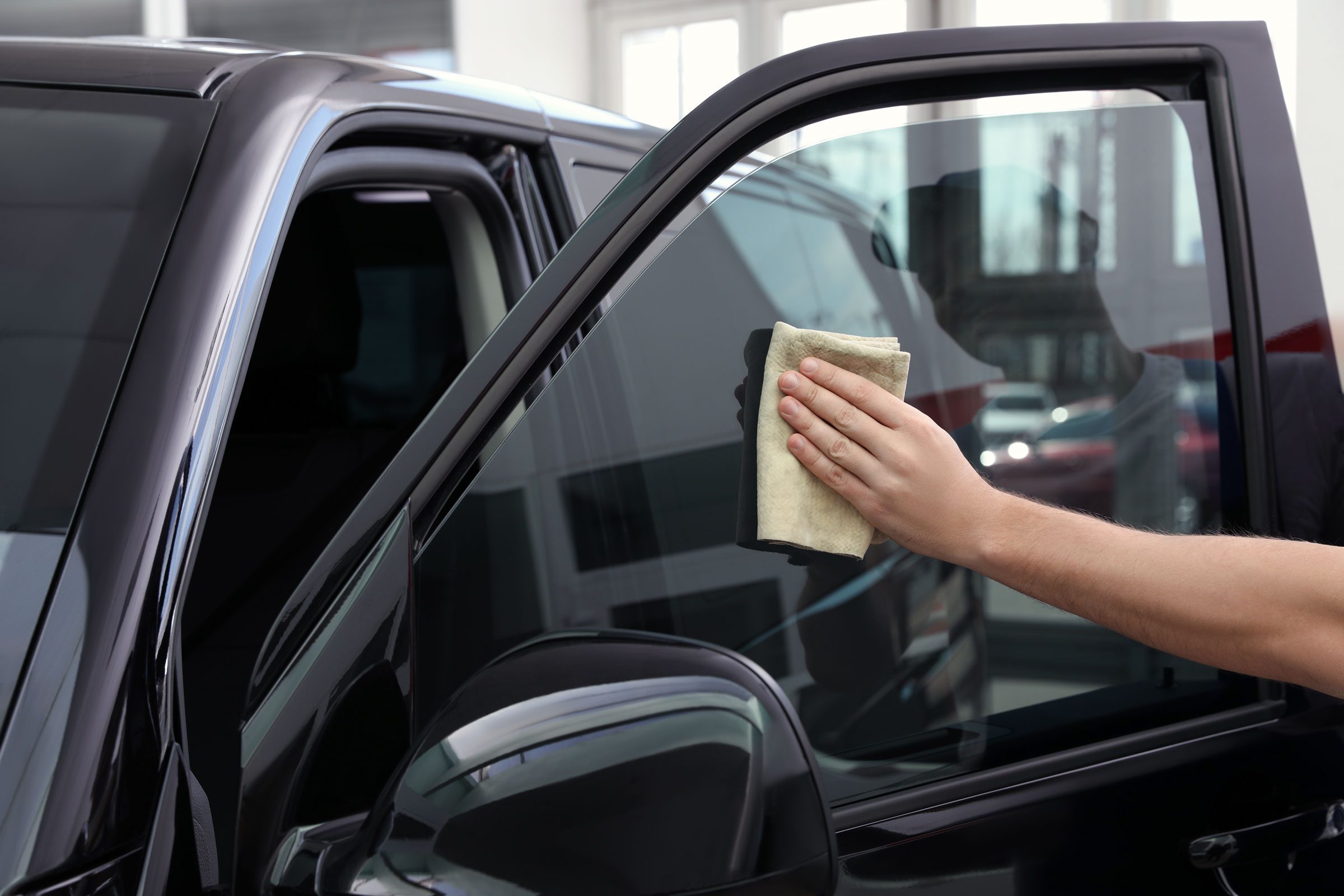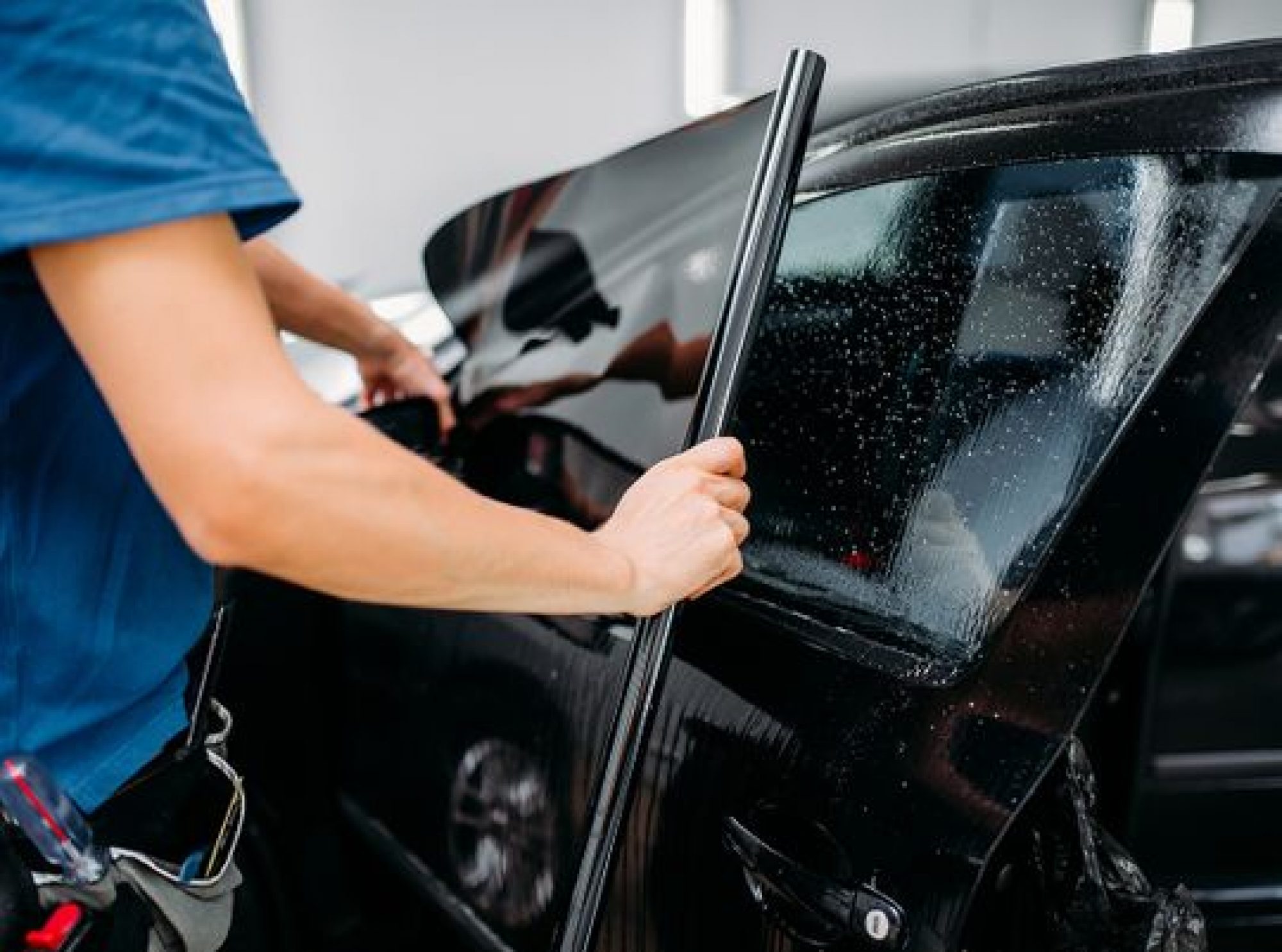Window Tinting Rules: What You Required to Know Prior To Tinting Your Automobile
Recognizing window tinting laws is crucial for any automobile owner taking into consideration tinting their car. As you consider boosting your car's look and capability, it is important to comprehend not only the legal effects but also the functional considerations that come with picking the ideal tint.
Importance of Recognizing Color Rules
Comprehending window tinting regulations is crucial for automobile owners to make sure compliance with state policies. These legislations dictate the acceptable levels of tint darkness and reflectivity, which can considerably differ from one jurisdiction to one more. Failing to adhere to these laws can result in penalties, mandatory elimination of the color, and prospective complications during car inspections.
Moreover, comprehending these legislations aids vehicle proprietors make educated decisions about their tinting alternatives. Different kinds of window movies supply numerous advantages, such as UV security, warm being rejected, and glare reduction. However, without knowledge of the lawful limits, automobile owners take the chance of choosing items that might inevitably lead to lawful problems.
Furthermore, understanding of tinting laws cultivates a safer driving environment. window tinting. Excessively dark tints can hinder exposure, raising the risk of mishaps, specifically at night or in damaging weather condition conditions. Legislation enforcement companies additionally make use of these policies to make certain roadway security, making compliance not simply an individual responsibility however a legal responsibility
State-Specific Color Regulations
Each state in the united state has actually established its own details regulations concerning home window tinting, reflecting a diverse range of requirements and demands. These laws can differ dramatically, influencing exactly how automobile proprietors come close to installment and compliance. For example, some states enable darker tints on back home windows while imposing rigorous restrictions on front-side home windows.
Furthermore, regulations frequently define allowed color materials and colors. Certain states forbid reflective tints entirely, while others may enable them to a minimal level. Some jurisdictions mandate that lorries with tinted home windows display a sticker indicating compliance with state laws, offering a clear identification for regulation enforcement.
Enforcement of these regulations likewise differs; some states are much more positive, conducting arbitrary checks, while others count on problems or visible infractions to launch enforcement. Car owners ought to be aware that failing to adhere to state-specific tint policies can result in fines, compulsory elimination of unlawful colors, or both.

Legal Color Percentages
Determining the legal tint portions is critical for automobile owners seeking to conform with state guidelines. Each state has particular legislations controling exactly how much light must travel through the windows of a vehicle, which is revealed as a percent referred to as Noticeable Light Transmission (VLT) This portion varies significantly across states and can depend upon the type of home window-- front side, back side, and windshield.
As an example, some states enable as low as 20% VLT on front side home windows, while others may permit up to 50%. Windshield tinting is often extra limited, with several jurisdictions permitting just a narrow band of tint on top of the windshield. On the other hand, back windows commonly have much more forgiving regulations, with some states allowing darker tints.
It is essential for car proprietors to acquaint themselves with their neighborhood laws to avoid potential legal problems. This consists of understanding just how VLT is determined, as it can differ based on the sort of home window film used. Remaining educated about these regulations makes certain conformity and promotes secure driving problems for both the automobile owner and others when traveling.
Effects of Non-Compliance
Failing to stick to window tinting laws can lead to navigate to this website substantial effects for car owners. One of the most prompt effect is the capacity for traffic quits and citations from police. Officers trained to recognize illegal color levels may release penalties, which can vary by jurisdiction however usually range from modest to substantial quantities. Repeated infractions might lead to enhanced fines, including higher fines or added factors on a driver's permit.

Insurance policy firms may likewise enforce fines for non-compliance, as illegal modifications can be deemed a violation of plan terms. This can impact insurance coverage rates or cause issues in claims if an occurrence takes place.
Ultimately, the effects of non-compliance expand past prompt financial penalties; they can affect a chauffeur's insurance rates, lawful standing, and overall car value, stressing the significance of adhering to local window tinting guidelines.
Tips for Finding Tinting Options
Comprehending the ramifications of non-compliance highlights the relevance of making educated options when picking home window tinting alternatives. Familiarize on your own with your state's particular legislations pertaining to tint darkness and reflectivity. Each state has one-of-a-kind policies that dictate the acceptable restrictions, so guarantee you remain within these guidelines to stay clear of fines.
Second of all, consider the kind of color material. Alternatives consist of dyed, metalized, and ceramic tints, each offering differing degrees of warm being rejected, UV defense, and toughness. Ceramic tints offer exceptional warm resistance without interfering with digital tools, making them a prominent option.
Furthermore, examine your key purpose for tinting. If you look for boosted privacy, go with darker colors; however, bear in mind that this may affect presence during the night. On the other hand, if glare reduction and UV protection are your major problems, lighter tints may be adequate.
Last but not least, speak with a specialist installer who is educated about neighborhood laws and can suggest premium products fit to your requirements (window tinting). Taking these factors into account will certainly ensure you make an educated choice, eventually enhancing both Visit This Link your automobile's appearances and functionality
Verdict
Finally, experience with window tinting regulations is vital prior to applying color to an automobile. Each state implements particular laws concerning noticeable light transmission percents, especially for front-side home windows and windshields. Non-compliance can lead to substantial charges, consisting of fines and necessary removal of non-conforming tint. By comprehending lawful demands and picking proper tint materials, car proprietors can attain aesthetic improvement while remaining compliant with pertinent legislations. Adherence to these standards ensures both safety and fulfillment.
Understanding window tinting regulations is crucial for any kind of Check This Out car proprietor taking into consideration tinting their vehicle.Recognizing window tinting regulations is critical for vehicle proprietors to guarantee conformity with state regulations. Some states enable darker colors on rear home windows while imposing strict limitations on front-side windows.
In comparison, rear home windows generally have much more lenient laws, with some states permitting darker colors. (window tinting)
In verdict, familiarity with home window tinting laws is vital prior to applying tint to a vehicle.
Comments on “Top Benefits of Window Tinting for Your Vehicle's Comfort and Protection”